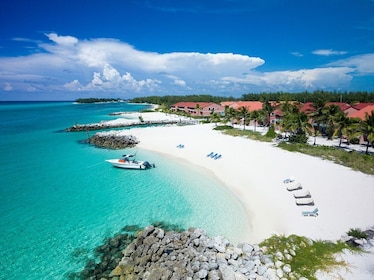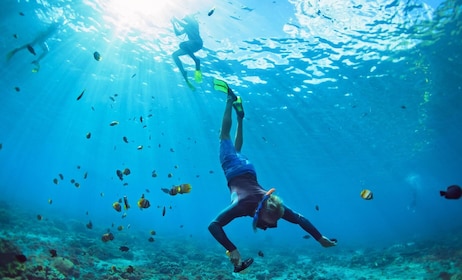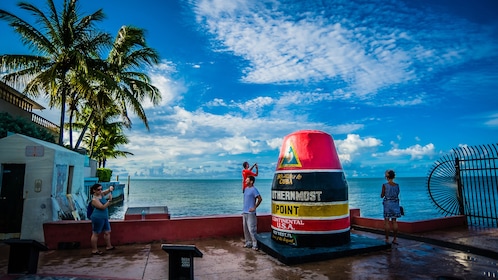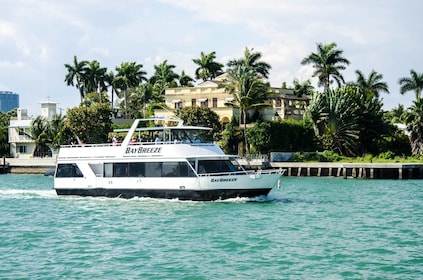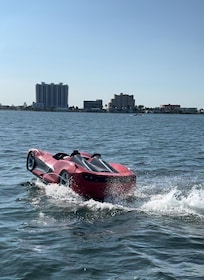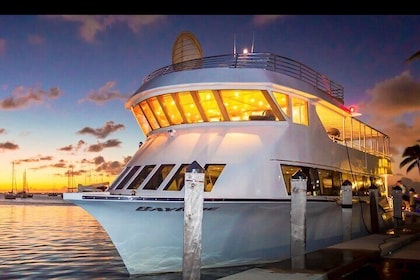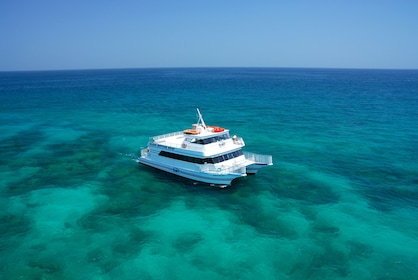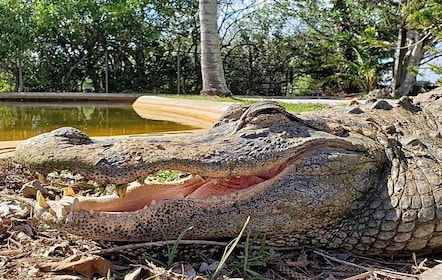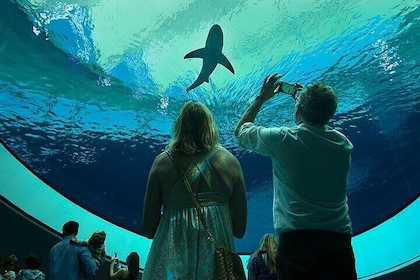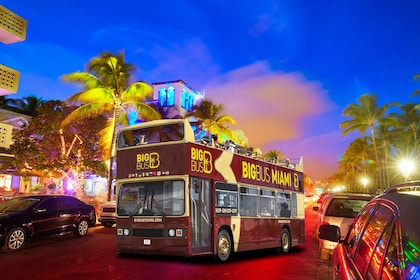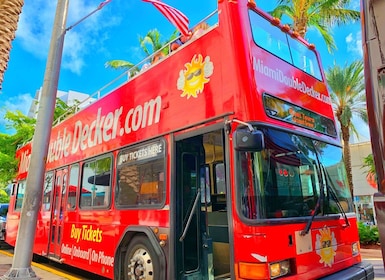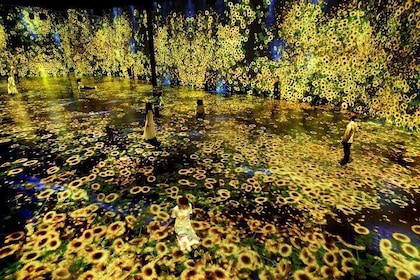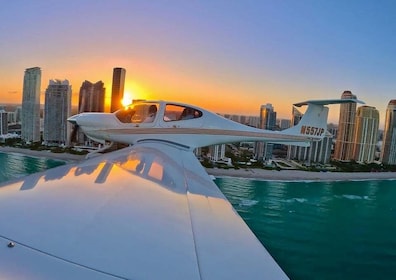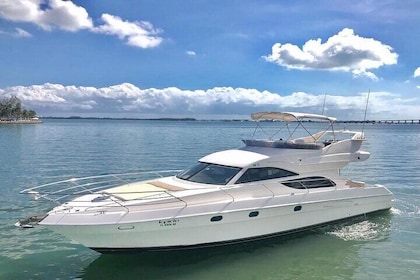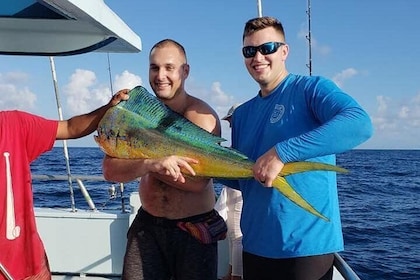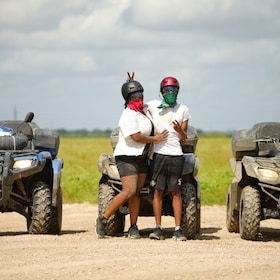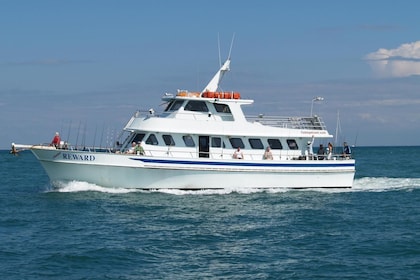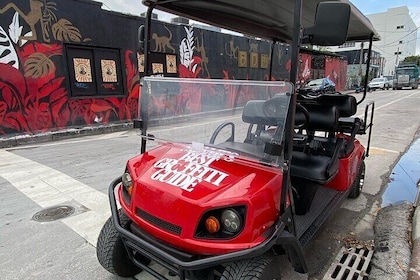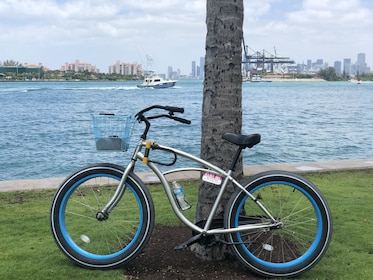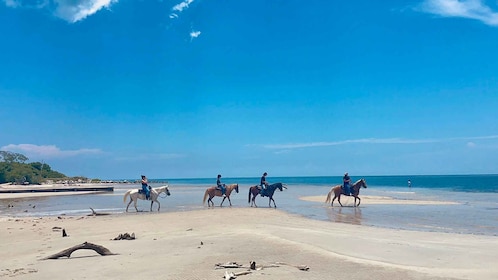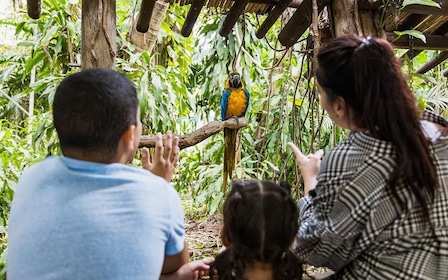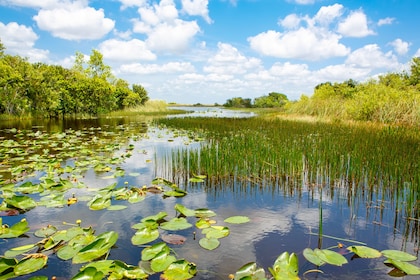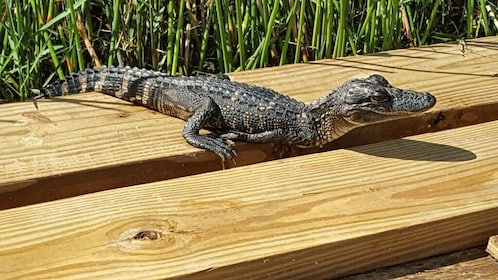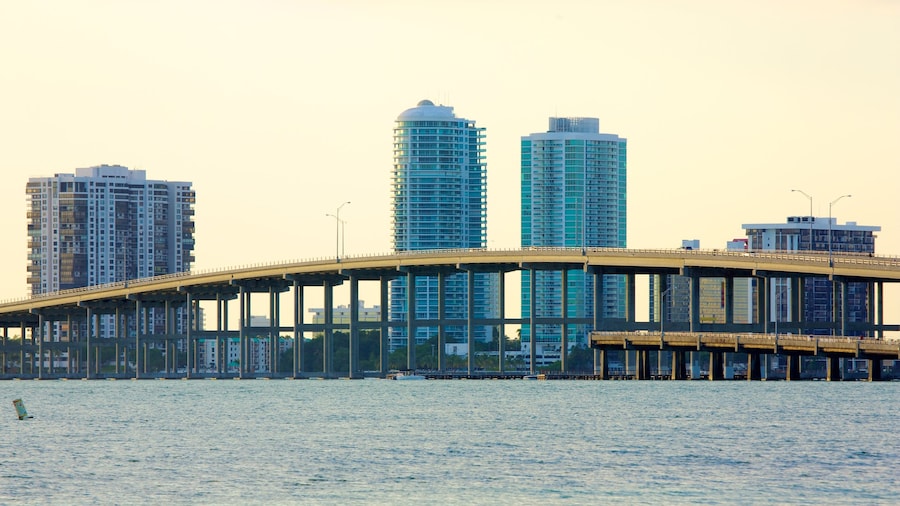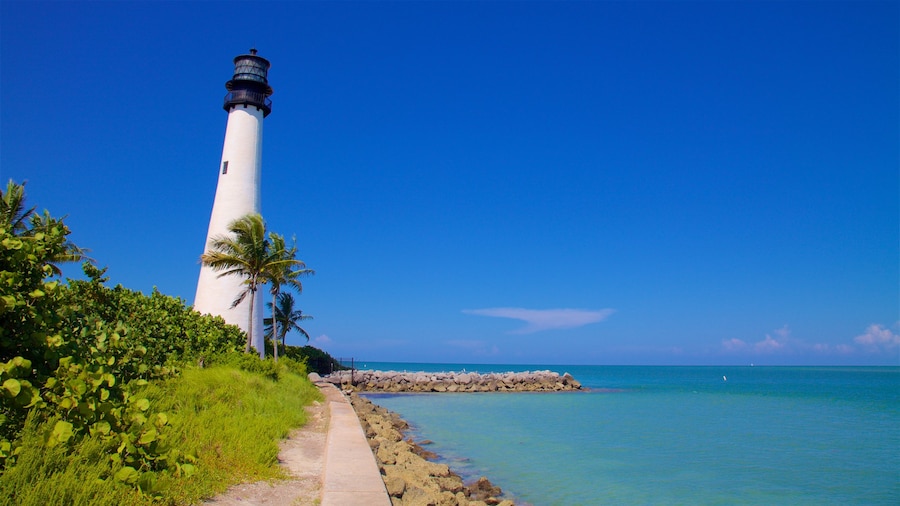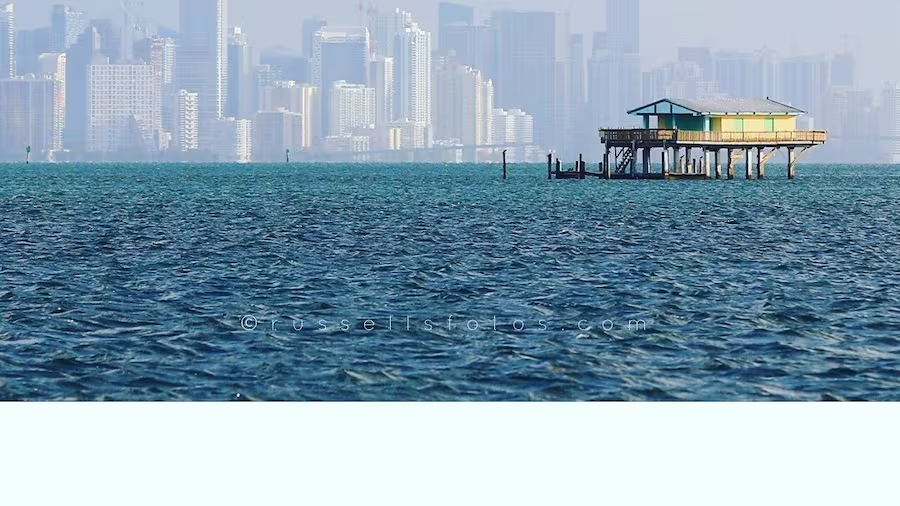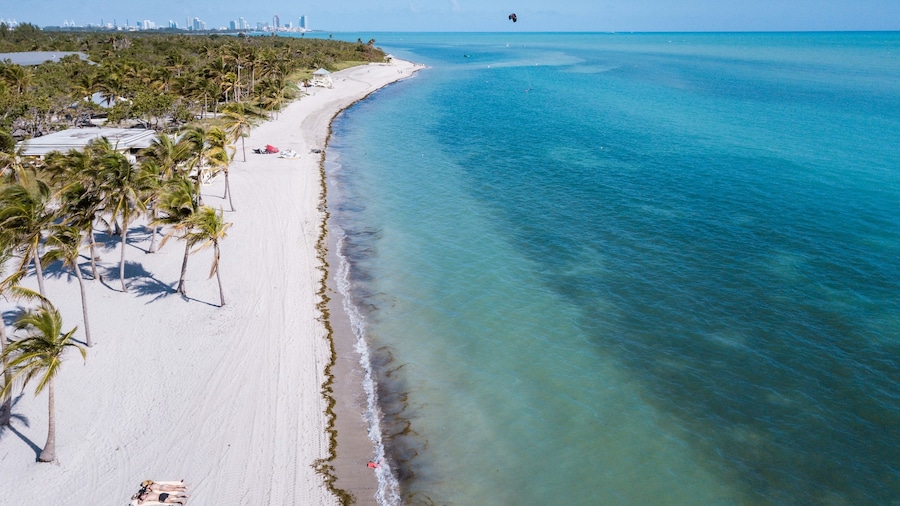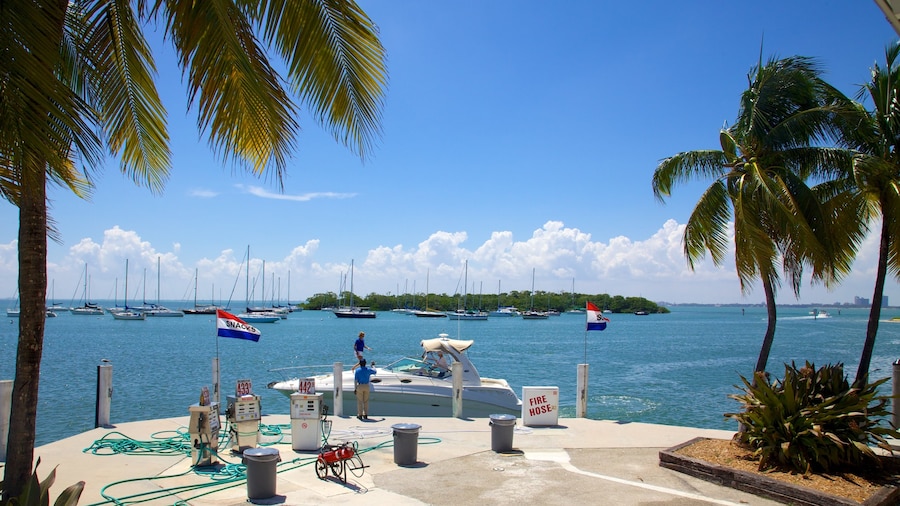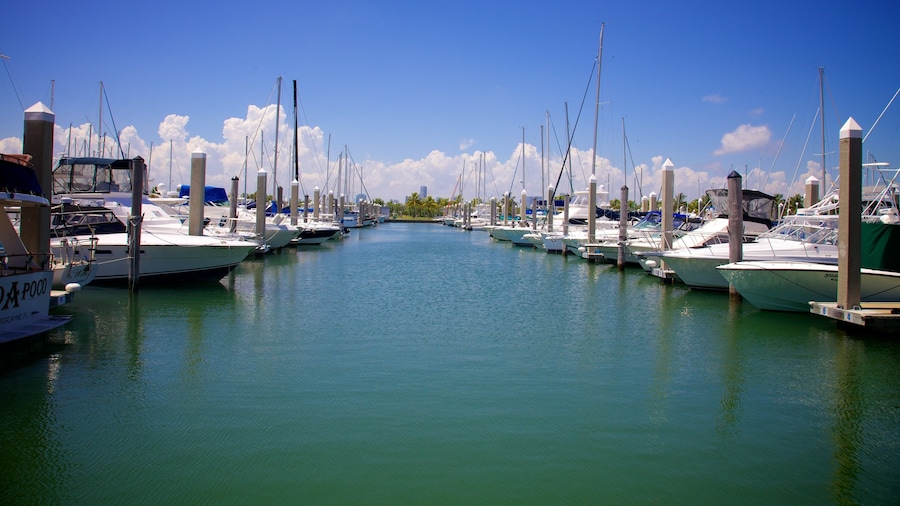Get the South Florida experience at one of the best beaches in the country. With myriad land and water activities, you will have no shortage of things to do and see.
Bill Baggs Cape Florida State Park sits on southern Key Biscayne it is widely recognised as one of the top 10 beaches in the country. The park is named in memory of Bill Baggs, editor of The Miami News from 1957 to 1969, and an avid civil rights activist. He worked tirelessly to conserve the land and protect it from development.
The park is designated a National Underground Railroad Network to Freedom site. It was a key station and secret port for runaway slaves and Seminoles seeking their freedom in the Bahamas. In the early 1920s, nearly 300 slaves embarked from this point to escape to a free life on Andros Island. Look for the large marker on the beach commemorating its role in the Freedom Trail.
At more than 400 acres (160 hectares), the park is quite large. Walk along more than a mile of sandy Atlantic Ocean shoreline. An offshore reef keeps the water fairly calm, perfect for snorkeling or swimming. If you prefer being on the water rather than in it, rent a boat, canoe or kayak. Boats anchor at No Name Harbour, a natural port. Stay overnight in your boat for a small docking fee. Paddleboards and hydrobikes are also available for rent.
Bill Baggs is a popular destination for hikers and bikers. Follow several well-marked and maintained scenic trails near the shore. Rent bicycles or quad bikes at the visitor’s centre. A picnic area, playground and youth camping area make this a perfect destination for families or large groups of children.
Try one of the two onsite restaurants: Lighthouse Café has views of the Atlantic. Boater’s Grill overlooks Biscayne Bay on No Name Harbour. The Cape Florida Lighthouse, built in 1825, is recognised as South Florida’s oldest structure, the only U.S. lighthouse to have suffered an attack by Native Americans. Later, a U.S. army base was erected to protect the area by land and by sea. Tours of the lighthouse are held twice daily, Thursday through Monday.
Bill Baggs Cape Florida State Park is open daily, including holidays, from early morning until sunset.





